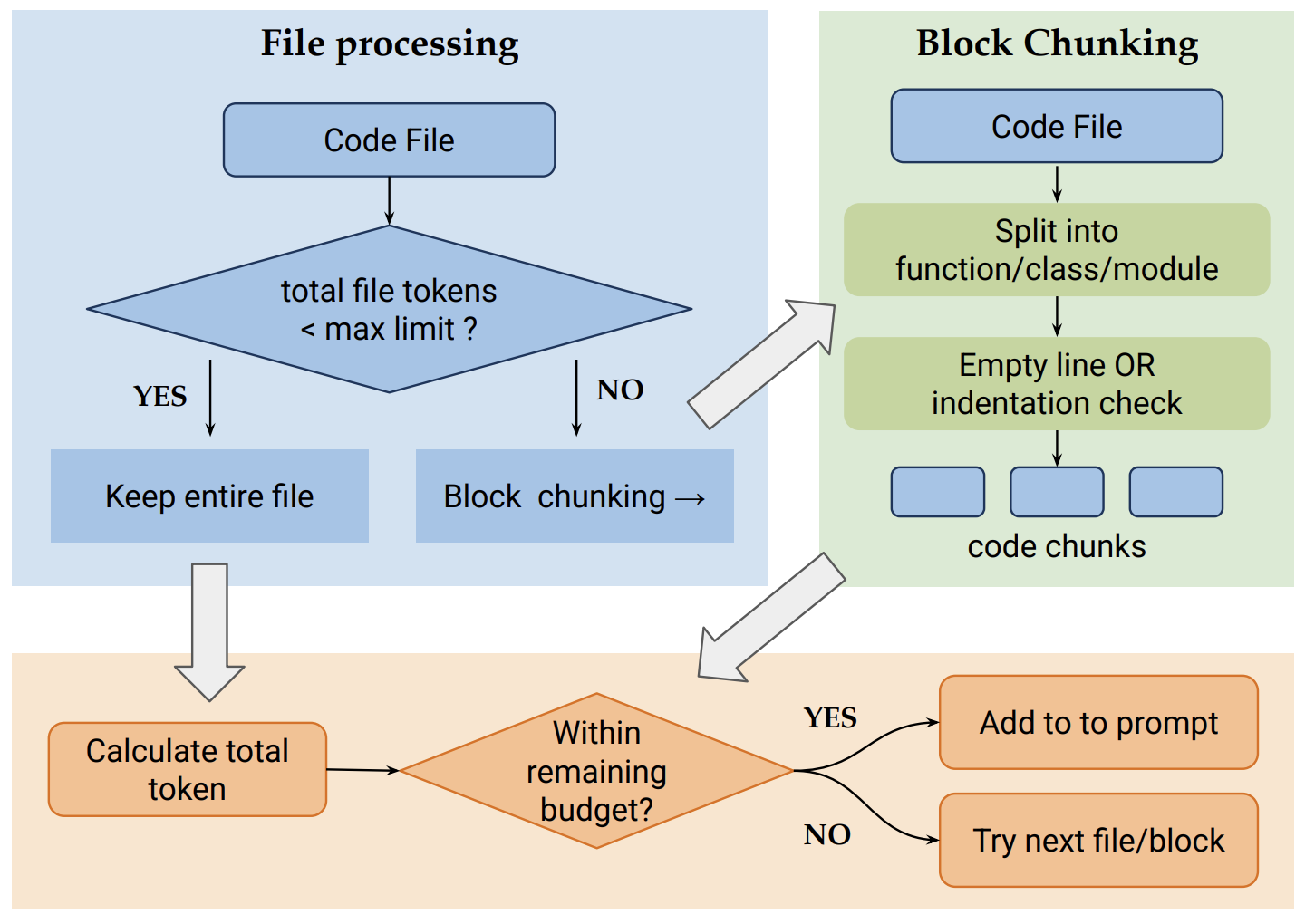Yibo Peng彭艺博
Péng Yìbó (pronounced "penɡ EE-bor")
Carnegie Mellon University

About
I am Yibo Peng, a Research Assistant at InfiniAI Lab @ CMU, advised by Prof. Beidi Chen. My research focuses on AI security in real-world applications. I am also expanding my research through upcoming collaborations with Prof. David Wagner (UC Berkeley) and Prof. Bo Li (UIUC), and I actively collaborate with Prof. Huaxiu Yao on multimodal large language models.
I obtained my Master's degree in Artificial Intelligence Engineering from CMU. During my graduate studies, I worked under the supervision of Prof. Daniel Fried and PhD. Zora Wang, focusing on Code Generation and RAG.
Broadly, my research aims to address core challenges for AI agents: enhancing multimodal reasoning, optimizing collaboration, and ensuring safety and reliability.
News
Selected Publications


Services
Reviewer: CVPR 2026, NeurIPS 2025 workshop, ICML 2025 workshop
